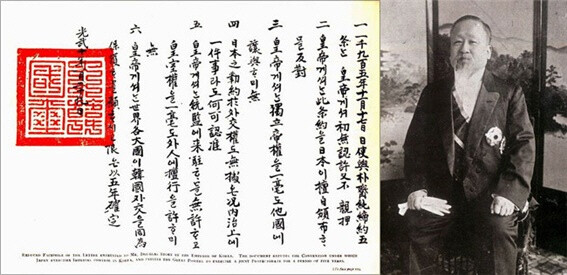
2025 marks the 120th anniversary of the Eulsa Treaty of 1905 and the 80th anniversary of liberation in 1945. From 1905 to 1945, Korea endured profound suffering under Japan's invasion, occupation, and colonial rule. This historical period remains a deep trauma for Koreans, and accurate recognition of the historical truth is crucial for healing.
In the early 20th century, amidst a global transition to modernity, Korea's path was hindered by Japanese rule. Despite this, some Japanese and Korean scholars advocate for a "colonial modernization theory," claiming Japan modernized Korea. However, the modern administrative, legal, and capitalist economic systems introduced by Japan were merely tools of colonial control, representing a distorted "colonial modernity."
The Fallacy of "Colonial Modernization Theory"
Proponents of colonial modernization emphasize the high economic growth rates during the Japanese occupation, but this argument disregards the inaccuracies within the statistics provided by the Governor-General of Korea. Some researchers suggest the actual growth rate was closer to 1%. Even if there was growth, its benefits disproportionately favored the Japanese and a small number of Korean landlords, leaving the majority of Koreans in poverty.
During the Japanese occupation, "Colonial Korea" served as a food and raw material supply base, a market for Japanese goods, a destination for capital investment, and a source of natural resource plunder for Japanese capitalism.
Food Supply Base: Japan aggressively extracted rice from Korea to address its own food shortages. The "Rice Increase Plan" increased rice production, but at the heavy cost of Korean farmers.
Raw Material Supply Base: Korea was forced to produce and supply cotton and silkworm cocoons, boosting Japan's textile industry and silk exports.
Commodity Market: Korea became a captive market for Japanese goods, leading to the collapse of indigenous Korean industries.
Capital Investment Destination: Japanese capital poured into Korea, while Korean capital remained marginal.
Natural Resource Plunder Site: Japan indiscriminately exploited Korea's fisheries, forests, and mineral resources.
Consequently, Colonial Korea was subordinated to Japanese capitalism, resulting in deepened economic dependence. The "colonial modernization theory," which highlights Colonial Korea's economic growth, is therefore a fallacy that distorts historical reality.
[Copyright (c) Global Economic Times. All Rights Reserved.]



























